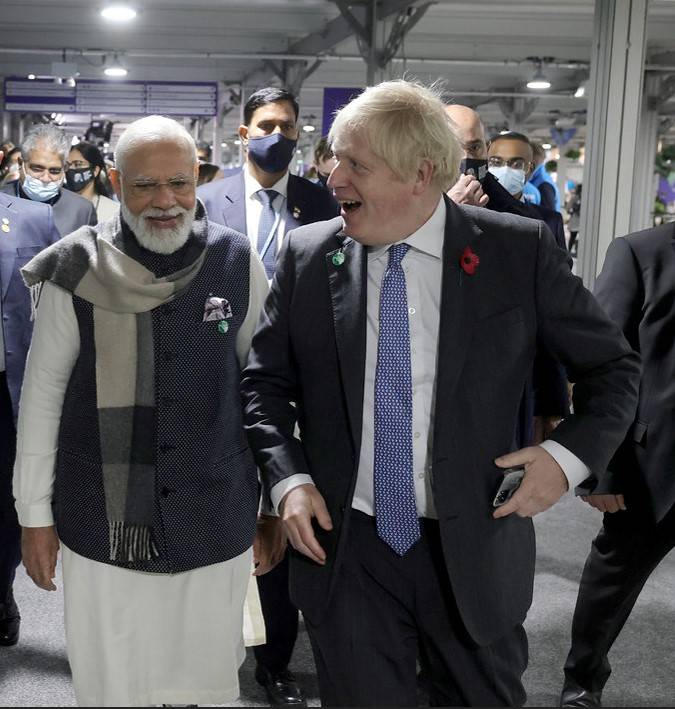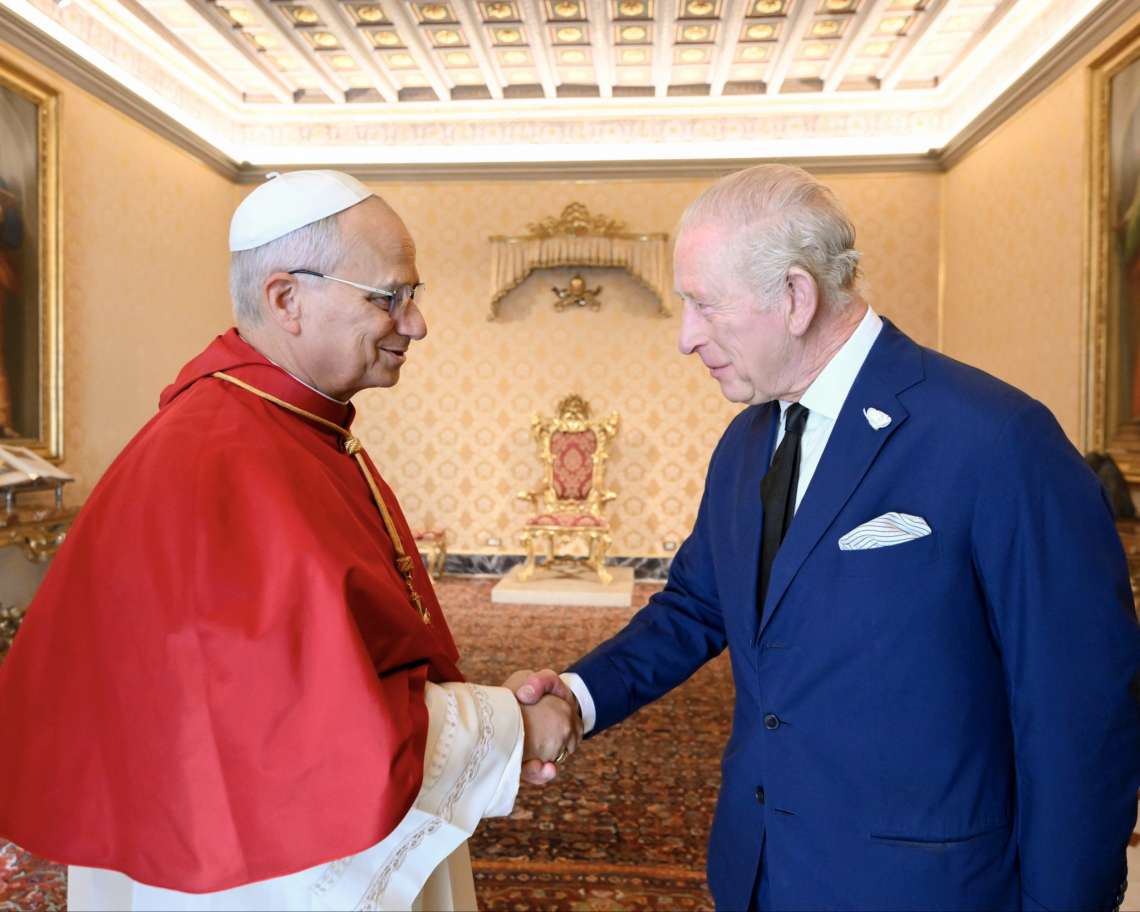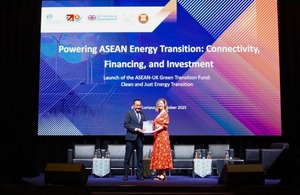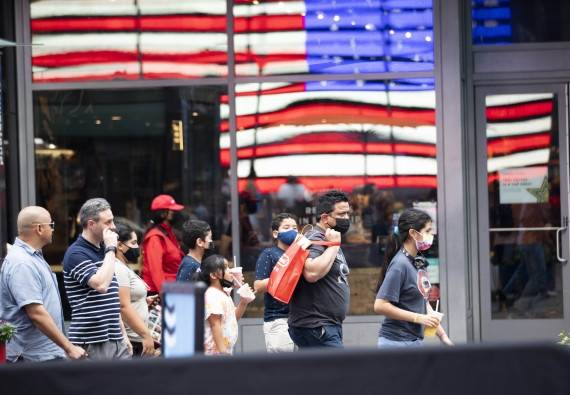The UK announced the launch of free trade agreement talks with India, describing it as a “golden opportunity” to put British businesses at the “front of the queue” of the Indian economy, reports Asian Lite News
The government on Thursday, announced the launch of free trade agreement (FTA) negotiations with India, describing it as a “golden opportunity” to put British businesses at the “front of the queue” of the Indian economy.
British Prime Minister Boris Johnson said an FTA would take the country’s historic partnership with India to the next level, and highlighted Scotch whisky, financial services and cutting-edge renewable technology among some of the key sectors set to benefit.
The first round of negotiations is expected to start next week, which the British government said would make it the UK’s quickest start of formal talks between negotiating teams following a launch.
“A trade deal with India’s booming economy offers huge benefits for British businesses, workers and consumers. As we take our historic partnership with India to the next level, the UK’s independent trade policy is creating jobs, increasing wages and driving innovation across the country,” Johnson said.
“The UK has world-class businesses and expertise we can rightly be proud of, from Scotch whisky distillers to financial services and cutting-edge renewable technology. We are seizing the opportunities offered in growing economies of the Indo-Pacific to cement our place on the global stage and deliver jobs and growth at home,” he said.
Johnson’s statement came as his Secretary of State for International Trade, Anne-Marie Trevelyan, prepared to meet with Union Commerce and Industry Minister Piyush Goyal in New Delhi for the 15th UK-India Joint Economic and Trade Committee (JETCO) to review the progress within the UK-India Enhanced Trade Partnership agreed to last May by Prime Minister Narendra Modi and Johnson.
Golden opportunity
“A deal with India is a golden opportunity to put UK businesses at the front of the queue as the Indian economy continues to grow rapidly,” Trevelyan said.
“By 2050, India will be the world’s third-largest economy with a middle class of almost 250 million shoppers. We want to unlock this huge new market for our great British producers and manufacturers across numerous industries from food and drinks to services and automotive,” she said.
“As an independent, deal-making nation, the UK is broadening our economic horizons and forging stronger partnerships with the fastest-growing economies of the world. India marks the start of our ambitious five-star year of UK trade and will show how the deals we negotiate will boost the economies across all nations and help level up all regions of the UK,” said the minister who is scheduled for bilateral talks with senior Indian Cabinet ministers before she concludes her two-day visit to the country on Thursday.
An India-UK FTA is billed in the UK as creating huge benefits for both countries, with the potential to boost bilateral trade by up to GBP 28 billion a year by 2035 and increase wages by up to GBP 3 billion across the UK.
A deal with India is also pegged as a “big step forward” in the UK’s post-Brexit strategy to refocus trade on the Indo-Pacific, home to half of the world’s population and 50 per cent of global economic growth.
The Department for International Trade (DIT) has said the UK wants an agreement that slashes barriers to doing business and trading with India’s GBP 2 trillion economy and market of 1.4 billion consumers, including cutting tariffs on exports of British-made cars and Scotch whisky.
“We are delighted to see FTA negotiations launch between the UK and India. With India, a rapidly advancing global economic superpower, this trade deal can unlock a new era of partnership and pave the way for significant trade and investment opportunities for UK and Indian businesses,” said Lord Karan Bilimoria, president of the Confederation of British Industry.
“To fully realise the growth possibilities, the UK must focus on the areas which will drive our future economic success, such as collaborative innovation and stronger regulatory alignment. Above all, trade is a key instrument for economic growth and prosperity across all regions and nations,” he added.
According to DIT estimates, removing duties alone would increase UK exports to India by up to GBP 6.8 billion, with Scotch whisky and cars currently facing enormous duties of 150 per cent and 125 per cent respectively.
“Key to any future trading relationship will be the progressive removal of tariffs, enhanced trade facilitation and reducing other barriers to trade, which can be highly complex and burdensome,” said Mike Hawes, chief executive of the UK’s Society of Motor Manufacturers and Traders.
DIT analysis claims a trade agreement with India would benefit all parts of the United Kingdom, given that already around 30,000 people in the West Midlands were employed via Indian investment in 2019. The northern region of England could see a massive boost of up to GBP 300 million with opportunities for manufacturers of motor vehicles and parts.
The Indian government’s plans to install 175 GW of renewable energy capacity by 2022 are also seen as a major opportunity for the UK’s renewables industry, which hopes to benefit from a deal that slashes barriers such as import tariffs as high as 15 per cent on wind turbine parts.
The UK is pitching the India FTA as a major move since its exit from the European Union (EU), in support of free and fair trade in the Indo-Pacific. The launch of similar negotiations with Canada, Mexico and the Gulf are in the pipeline, besides membership of the GBP 8.4 trillion Comprehensive and Progressive Agreement for Trans-Pacific Partnership trade bloc.














